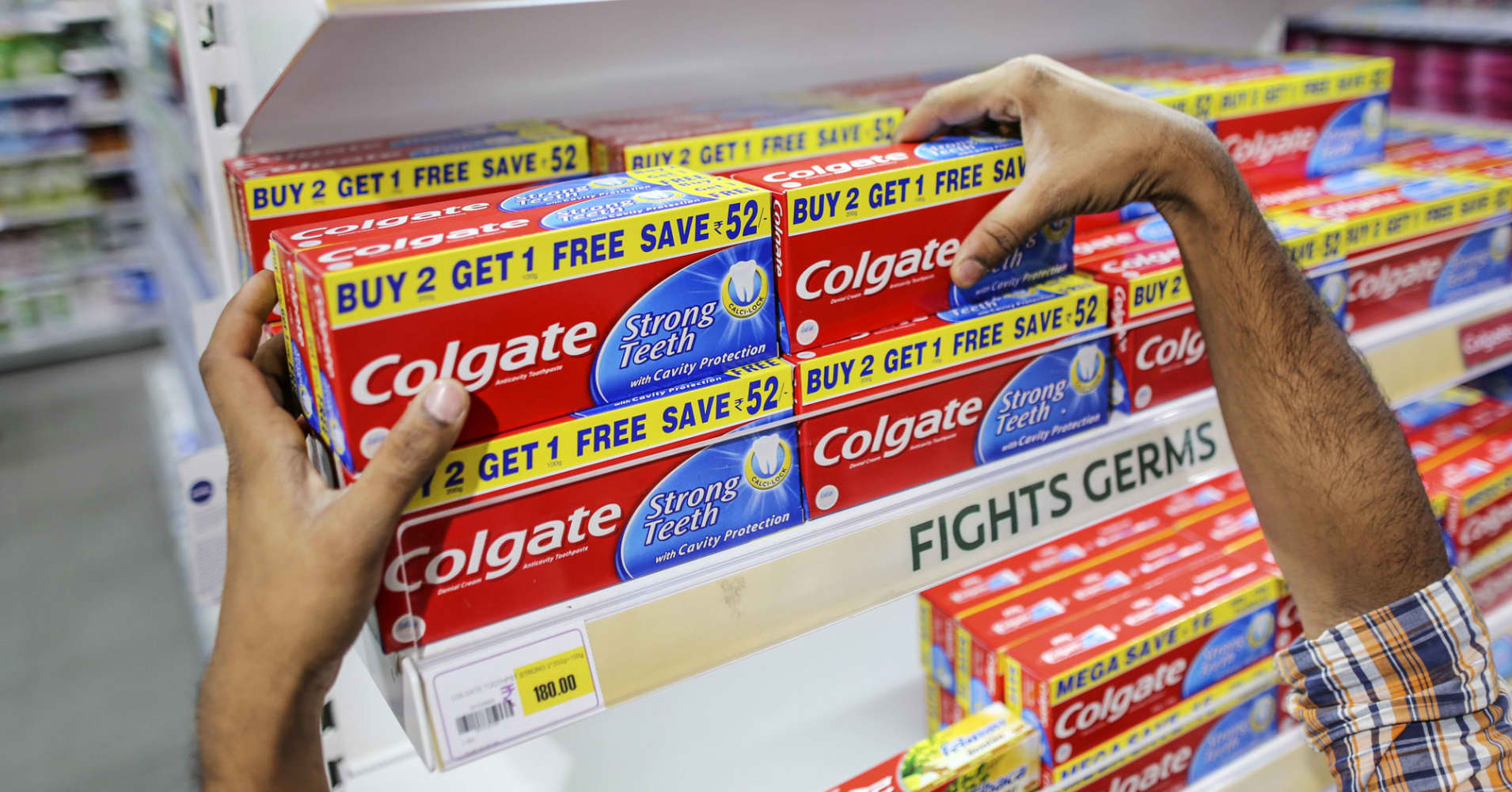
Colgate-Palmolive said on Friday first-quarter sales were below its expectations as demand in emerging markets including Latin America was muted, sending its shares down nearly 4 percent in premarket trading.
Growth in organic sales slowed in the first quarter from the previous quarter, even as the company spent more on advertising and invested in price to spur demand for its products that range from Brite dishwashers and Palmolive shower gel.
The world’s largest toothpaste maker spent nearly 13 percent more on advertising this quarter over the prior quarter, while it cut prices between 0.5 percent and 2.5 percent in Europe and North America.
Organic sales, which exclude benefits from acquisitions and divestitures, rose 1.5 percent as the company saw no growth in volumes in developing markets.
“The first quarter was a challenging one as category growth remained soft in many markets around the world,” Chief Executive Officer Ian Cook said in a statement.
Sales in Latin America, the company’s biggest market, rose just 0.5 percent to $929 million, hit by a slump in demand in Mexico.
But demand rose in North America and Europe, on the back of price cuts, helping Colgate’s net sales rise 6.4 percent to $4 billion, just in-line with the average analyst estimate of $4.02 billion, according to Thomson Reuters I/B/E/S.
“Today’s results show that Colgate, despite its competency as global consumer products leader, remains vulnerable to macroeconomic uncertainty in addition to what we think is an increasingly sophisticated set of local competitors,” Wells Fargo analyst Bonnie Herzog said.
Procter & Gamble earlier this month also posted organic sales growth that disappointed Wall Street, mainly because of pricing pressures in an environment where retailers are cutting back on costs.
Still, Colgate’s stock has outperformed peers. While the S&P 500 Household Products index has fallen more than 18 percent in this year, Colgate shares are down 12 percent. In comparison, P&G’s shares are down 21 percent.
Net income rose to $634 million, or 72 cents per share, in the first quarter ended March 31, from $570 million, or 64 cents per share, a year earlier.
Excluding certain items, the company earned 74 cents per share. Analysts on average had expected 72 cents.
Shares of the New York-based company fell 3.6 percent to $64.20 before the bell on Thursday, set to hit a fifteen-month low.
Be the first to comment